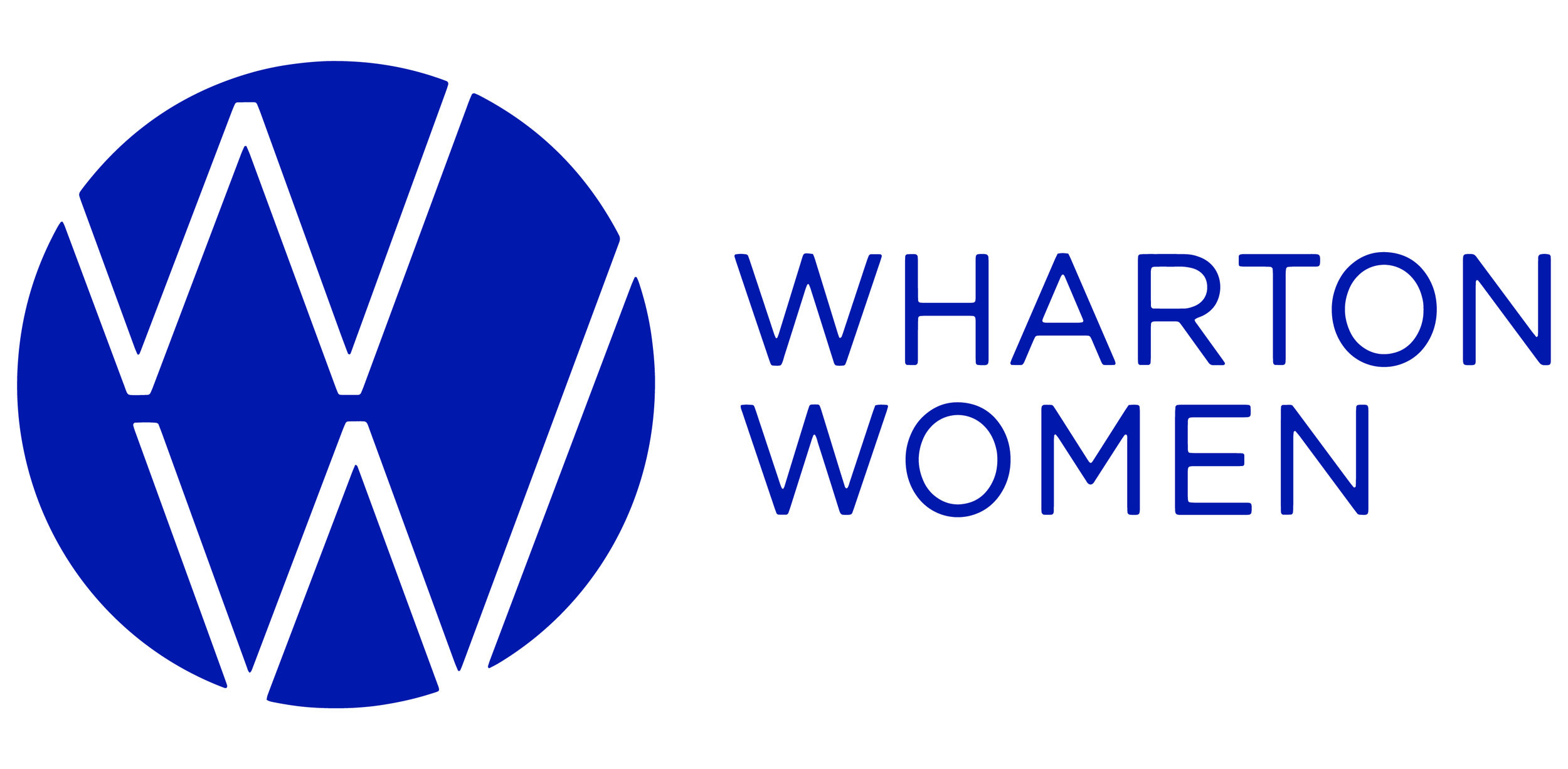The Rise of Festival Brands: Turning Music into a Lifestyle Business
Written by Nina Rawal (W’27), Edited by Valeri Guevarra (W’26)
Over the past two decades, music festivals have evolved from simple concert gatherings into cultural phenomena and multimillion-dollar lifestyle empires. Events like Coachella, Lollapalooza, and Tomorrowland are no longer just about the music; they now represent an intersection of art, fashion, and global community—influencing everything from travel trends to environmental innovation. This transformation into lifestyle brands has been driven by their ability to create immersive experiences and diversified revenue streams, ensuring their relevance far beyond the music industry.
Take Coachella, for example. While it boasts star-studded lineups year after year, its allure extends to curated dining experiences, on-site art installations, and exclusive merchandise. The festival has made its mark on fashion, with its attendees setting trends that spill into mainstream retail, like Y2K trends and “coquette” core. By aligning itself with aspirational values of creativity and self-expression, Coachella has successfully positioned itself as a lifestyle event rather than just a music festival.
Tomorrowland is doing something a little different—leaning heavily into the art of immersion. The electronic dance music festival in Belgium creates an elaborate fantasy world complete with intricate stage designs, whimsical narratives, and otherworldly themes. This attention to detail transforms a weekend of music into an unforgettable escape, drawing fans back year after year. Tomorrowland has also expanded its reach globally, hosting editions in Brazil and the United States, ensuring its brand resonates across continents.
These festivals have also diversified their revenue streams in innovative ways beyond ticket sales. Today, festivals generate significant income through merchandise, sponsorships, and on-site experiences.
Exclusive festival-branded clothing often sells out even before the gates open, while corporate partnerships with brands like Heineken, Red Bull, and Revolve ensure financial stability and increased visibility for the brand. Food and beverage offerings have also become more sophisticated, with gourmet food trucks and curated culinary experiences adding to the premium vibe of many festivals.
The digital era has further amplified the influence of music festivals. Social media platforms like Instagram and TikTok have become integral to the festival experience, with attendees sharing every moment online. Festivals have leaned into this trend, offering visually stunning backdrops and immersive installations designed to go viral. Livestreams of events also allow festivals to reach millions of fans worldwide, turning the physical experience into a digital spectacle.
As music festivals continue to grow in scope and influence, their transformation into lifestyle brands offers lessons for businesses in any industry. By creating immersive, aspirational experiences and diversifying income streams, festivals have shown how to turn a passion for music into a global empire. Their ability to remain relevant in an ever-changing cultural landscape ensures that the festival phenomenon will continue to thrive for years to come.
